Turkey tail mushroom (Trametes versicolor), with its distinctive fan-shaped appearance resembling a wild turkey's tail, has been revered for centuries in traditional medicine systems across Asia. In recent years, this remarkable fungus has gained significant attention in Western countries for its impressive nutritional profile and potential health benefits. This comprehensive guide explores the nutritional composition of turkey tail mushrooms and the bioactive compounds that make them a powerful addition to your wellness routine.
Understanding Turkey Tail Mushrooms
Before diving into the nutritional value, it's important to understand what turkey tail mushrooms are and how they're used.
What Are Turkey Tail Mushrooms?
Turkey tail mushrooms (Trametes versicolor, formerly known as Coriolus versicolor) are polypore fungi that grow on dead or dying hardwood trees and stumps throughout forests worldwide. Unlike culinary mushrooms such as shiitake or portobello, turkey tail mushrooms aren't typically eaten directly due to their tough, leathery texture. Instead, they're commonly prepared as teas, extracts, powders, or supplements to harness their medicinal properties.
Traditional and Modern Uses
- Traditional Chinese Medicine: Used for centuries as "Yun Zhi" to support the immune system and promote vitality
- Japanese Medicine: Known as "Kawaratake" and used for immune support and as an adjunct cancer therapy
- Modern Applications: Available as capsules, powders, tinctures, and teas for immune support and overall wellness
Macronutrient Composition
Turkey tail mushrooms have a relatively modest macronutrient profile, but their true value lies in their bioactive compounds rather than their caloric content.
Calories and Macronutrients
Based on available nutritional data for dried turkey tail mushroom powder (per 100g):
- Calories: Approximately 393 kcal
-
Carbohydrates: 71-72g
- Including fiber and complex polysaccharides
- Protein: Minimal (varies by source, typically less than 5g)
- Fat: Minimal (less than 1g)
It's important to note that turkey tail mushrooms are rarely consumed in 100g quantities. Typical supplemental doses range from 1-3g per day, making their caloric contribution to the diet minimal.
Fiber Content
Turkey tail mushrooms contain significant amounts of dietary fiber, primarily in the form of:
- Chitin: A structural component of fungal cell walls
- Beta-glucans: Complex polysaccharides with immune-modulating properties
- Prebiotic fibers: Support beneficial gut bacteria
The fiber content makes turkey tail beneficial for digestive health, acting as prebiotics that nourish beneficial gut bacteria.

Micronutrients and Minerals
Turkey tail mushrooms contain various essential vitamins and minerals that contribute to their nutritional value.
Vitamins
Turkey tail mushrooms are particularly rich in B vitamins, including:
- Niacin (Vitamin B3): Supports energy metabolism and enzyme function
- Riboflavin (Vitamin B2): Assists in energy production and cellular function
- Pantothenic Acid (Vitamin B5): Important for fatty acid metabolism
- Vitamin D: When exposed to sunlight, turkey tail can produce vitamin D2 (ergocalciferol)
Minerals
Turkey tail mushrooms contain several important minerals:
- Potassium: Supports heart and muscle function
- Selenium: Important for antioxidant pathways and immune function
- Zinc: Essential for immune function and protein synthesis
- Copper: Required for energy production and iron metabolism
- Magnesium: Involved in over a hundred enzyme reactions in the body
It's worth noting that the mineral content can vary based on the growing conditions and substrate of the mushrooms.
Bioactive Compounds
The most valuable aspect of turkey tail mushrooms is their rich array of bioactive compounds that contribute to their medicinal properties.
Polysaccharides
Turkey tail mushrooms are renowned for their polysaccharide content, particularly:
Beta-Glucans
Beta-glucans are complex polysaccharides that form the structural components of the fungal cell walls. These compounds are among the most well-studied components of turkey tail mushrooms:
- Structure: Primarily β-1,3 and β-1,6 linked glucose molecules
- Function: Interact with immune receptors to modulate immune response
- Content: Typically comprises 15-30% of dry weight, depending on cultivation and extraction methods
Polysaccharide-K (PSK)
One of the most extensively researched compounds in turkey tail mushrooms:
- Composition: A protein-bound polysaccharide (polysaccharopeptide) containing 25-38% protein with a molecular weight of approximately 94 kDa
- Structure: β-1→4-glucan backbone with β-1→3 and β-1→6 branching
- Unique Feature: Contains a high percentage of acidic amino acids (approximately 28%)
- Development: First isolated in Japan in the late 1960s from the CM-101 strain of turkey tail
Polysaccharide Peptide (PSP)
Another important polysaccharopeptide in turkey tail mushrooms:
- Composition: Contains approximately 31% protein and 46% carbohydrates
- Discovery: Isolated in China in 1983 from the COV-1 strain of turkey tail
- Structure: Similar to PSK but with different amino acid composition
Antioxidants
Turkey tail mushrooms contain an impressive array of antioxidant compounds:
Phenolic Compounds
Over 35 different phenolic compounds have been identified in turkey tail extracts, contributing to their antioxidant properties.
Flavonoids
Key flavonoid antioxidants include:
- Quercetin: A powerful antioxidant that helps inhibit pro-inflammatory enzymes
- Baicalein: Has anti-inflammatory and antioxidant properties
Other Antioxidants
- Ergothioneine: A unique amino acid with powerful antioxidant properties
- Selenium-containing compounds: Support antioxidant enzyme systems
- Triterpenes: Compounds with various biological activities
Enzymes
Turkey tail mushrooms contain several enzymes that contribute to their biological activity:
- Laccases: Enzymes involved in lignin breakdown with potential applications in bioremediation
- Peroxidases: Support antioxidant pathways
- Proteases: Protein-digesting enzymes
Other Notable Compounds
- Melanin: Dark pigments with antioxidant properties
- Sterols: Compounds with structural similarity to cholesterol that may have various health benefits
- Terpenoids: A diverse group of compounds with various biological activities
Nutrient Bioavailability and Extraction
The nutritional value of turkey tail mushrooms depends not only on their raw content but also on how these nutrients are extracted and made bioavailable.
Extraction Methods
Different preparation methods affect which compounds are extracted:
Hot Water Extraction
- Process: Simmering mushrooms in water for extended periods (30 minutes to several hours)
- Extracts: Water-soluble compounds including most polysaccharides and some phenolic compounds
- Traditional Use: Most common in tea preparations and traditional medicine
Alcohol Extraction
- Process: Soaking mushrooms in alcohol (ethanol or vodka) for weeks
- Extracts: Alcohol-soluble compounds including triterpenes, some phenolic compounds, and flavonoids
- Application: Used in tinctures and some commercial extracts
Dual Extraction
- Process: Combines both hot water and alcohol extraction methods
- Benefit: Provides the most comprehensive range of bioactive compounds
- Professional Use: Used in many high-quality commercial supplements
Bioavailability Considerations
Several factors affect how well the body can utilize the nutrients in turkey tail mushrooms:
- Cell Wall Structure: The tough chitin in fungal cell walls can limit nutrient absorption
- Heat Treatment: Proper cooking or extraction helps break down cell walls
- Mycelium vs. Fruiting Body: Different parts of the mushroom have different nutritional profiles
- Extraction Quality: Professional extraction methods often yield higher bioavailability than home preparation
Nutritional Comparison to Other Medicinal Mushrooms
How does turkey tail compare nutritionally to other popular medicinal mushrooms?
Turkey Tail vs. Reishi
- Beta-glucans: Both are rich sources, but with different structural variations
- Triterpenes: Reishi typically contains more triterpene compounds
- Polysaccharopeptides: Turkey tail is particularly rich in PSK and PSP, while reishi contains different polysaccharide compounds

Turkey Tail vs. Shiitake
- Vitamin D: Shiitake typically contains more vitamin D when sun-dried
- Polysaccharides: Both contain beneficial polysaccharides, but turkey tail's PSK and PSP are unique
- Culinary Use: Shiitake is primarily culinary with medicinal benefits, while turkey tail is purely medicinal

Turkey Tail vs. Cordyceps
- Cordycepin: Cordyceps contains unique nucleoside compounds not found in turkey tail
- Energy Support: Cordyceps is known for energy and athletic performance benefits
- Immune Support: Both support immunity but through different mechanisms and compound profiles

Potential Health Benefits Related to Nutritional Composition
The unique nutritional profile of turkey tail mushrooms contributes to various potential health benefits:
Immune System Support
The polysaccharides in turkey tail, particularly PSK and PSP, have been shown to:
- Activate various immune cells including natural killer cells and T-cells
- Support healthy immune cell signaling
- Promote balanced immune responses
Gut Health Benefits
Turkey tail's prebiotic fibers and polysaccharides may:
- Promote the growth of beneficial gut bacteria like Bifidobacterium and Lactobacillus
- Help suppress potentially harmful bacteria
- Support gut-immune system communication
Antioxidant Support
The numerous antioxidant compounds in turkey tail help:
- Combat oxidative stress
- Support cellular health
- Promote healthy aging processes
Additional Health Areas
Turkey tail's nutritional components may also support:
- Healthy inflammatory responses
- Liver health and detoxification pathways
- Metabolic health
Dietary Incorporation and Supplementation
Recommended Intake
While there is no official recommended daily allowance for turkey tail mushrooms, research and traditional use suggest:
- General wellness: 1-3 grams of dried mushroom or extract powder daily
- Therapeutic use: Up to 9 grams daily in divided doses (under healthcare provider supervision)
- PSK supplementation: Clinical studies typically use 3 grams daily
Forms and Preparation
Based on nutritional considerations, here are the best ways to incorporate turkey tail:
Tea Preparation
For extracting water-soluble nutrients:
- Use 3-5 grams of dried turkey tail mushrooms per cup of water
- Simmer for at least 30 minutes (up to 2 hours for stronger extraction)
- Strain and drink 1-2 cups daily
- Optional: Add complementary herbs or spices for flavor
Powder Incorporation
For convenient daily use:
- Add 1-2 teaspoons (2-4 grams) to smoothies, coffee, or other beverages
- Mix into soups, broths, or sauces
- Encapsulate for easy consumption
Tinctures and Extracts
For concentrated nutrient delivery:
- Follow product-specific dosage instructions
- Typically 30-60 drops, 1-3 times daily
- Look for dual-extracted products for comprehensive nutrient profile
Quality Considerations
To maximize nutritional value:
- Choose products made from the fruiting body rather than mycelium when possible
- Look for products with standardized levels of beta-glucans or polysaccharides
- Consider organic products to minimize potential contaminants
- For supplements, seek products tested by third-party laboratories
Potential Interactions and Considerations
Drug Interactions
The nutritional compounds in turkey tail may interact with:
- Immunosuppressant medications: Due to immune-modulating effects
- Blood-thinning medications: Some mushroom compounds may have mild anticoagulant effects
- Diabetes medications: May enhance blood sugar-lowering effects
Allergies and Sensitivities
- Individuals with mushroom or mold allergies should avoid turkey tail
- Start with small amounts to test for individual sensitivities
Special Populations
- Pregnancy and breastfeeding: Limited research exists; consult healthcare provider
- Children: Few studies on pediatric use; proper dosing unclear
- Elderly: Generally well-tolerated, may be particularly beneficial for immune support
Conclusion
Turkey tail mushrooms offer a unique nutritional profile that extends far beyond basic macronutrients. Their true value lies in their exceptional content of bioactive compounds, particularly polysaccharopeptides, beta-glucans, and antioxidants that support immune function and overall health.
While not a staple food, turkey tail mushrooms represent a powerful functional food supplement that can complement a balanced diet. Their long history of traditional use combined with emerging scientific research highlights their potential as a valuable nutritional resource.
As with any supplement, quality matters significantly when it comes to turkey tail products. Choosing well-sourced, properly extracted products and consulting with healthcare providers about appropriate usage will help maximize the nutritional benefits of this remarkable medicinal mushroom.
Whether you're looking to support immune function, promote gut health, or simply add more functional foods to your routine, the nutritional profile of turkey tail mushrooms makes them worth considering as part of your holistic approach to health and wellness.

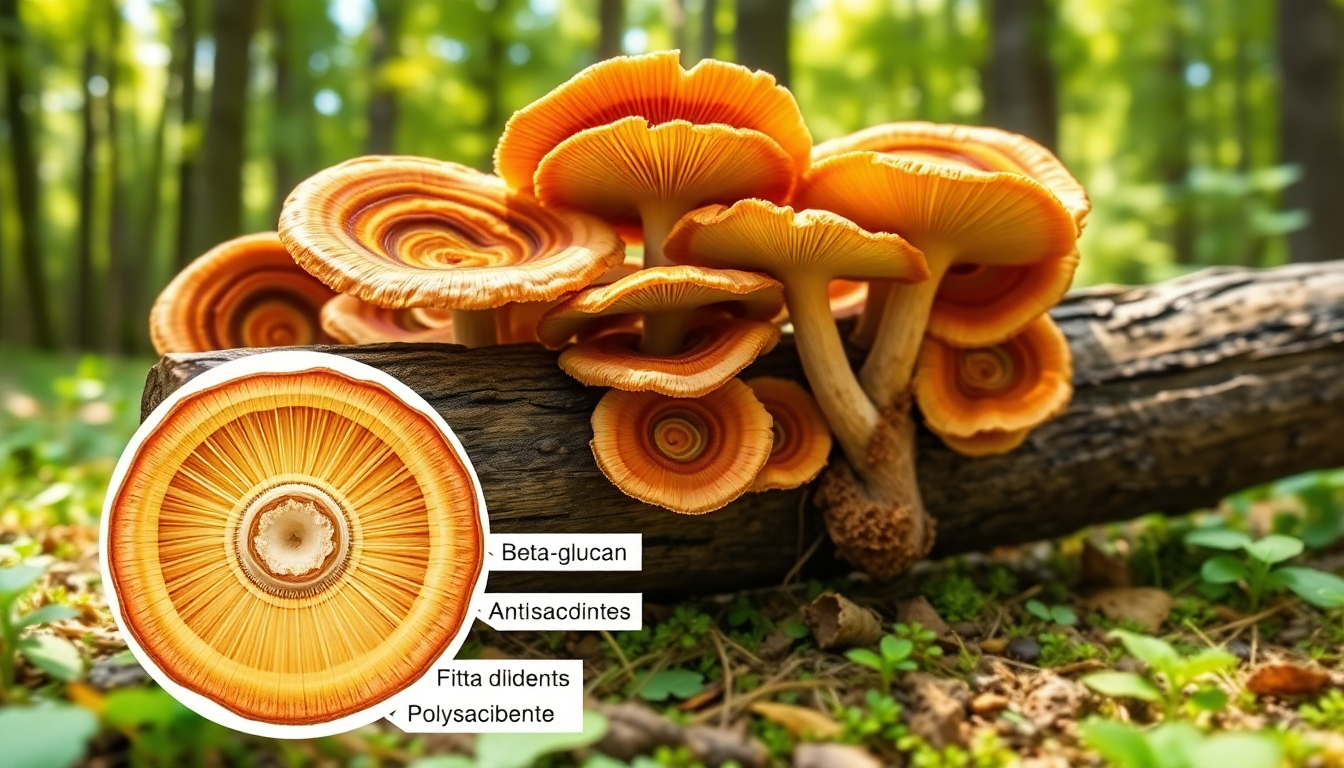
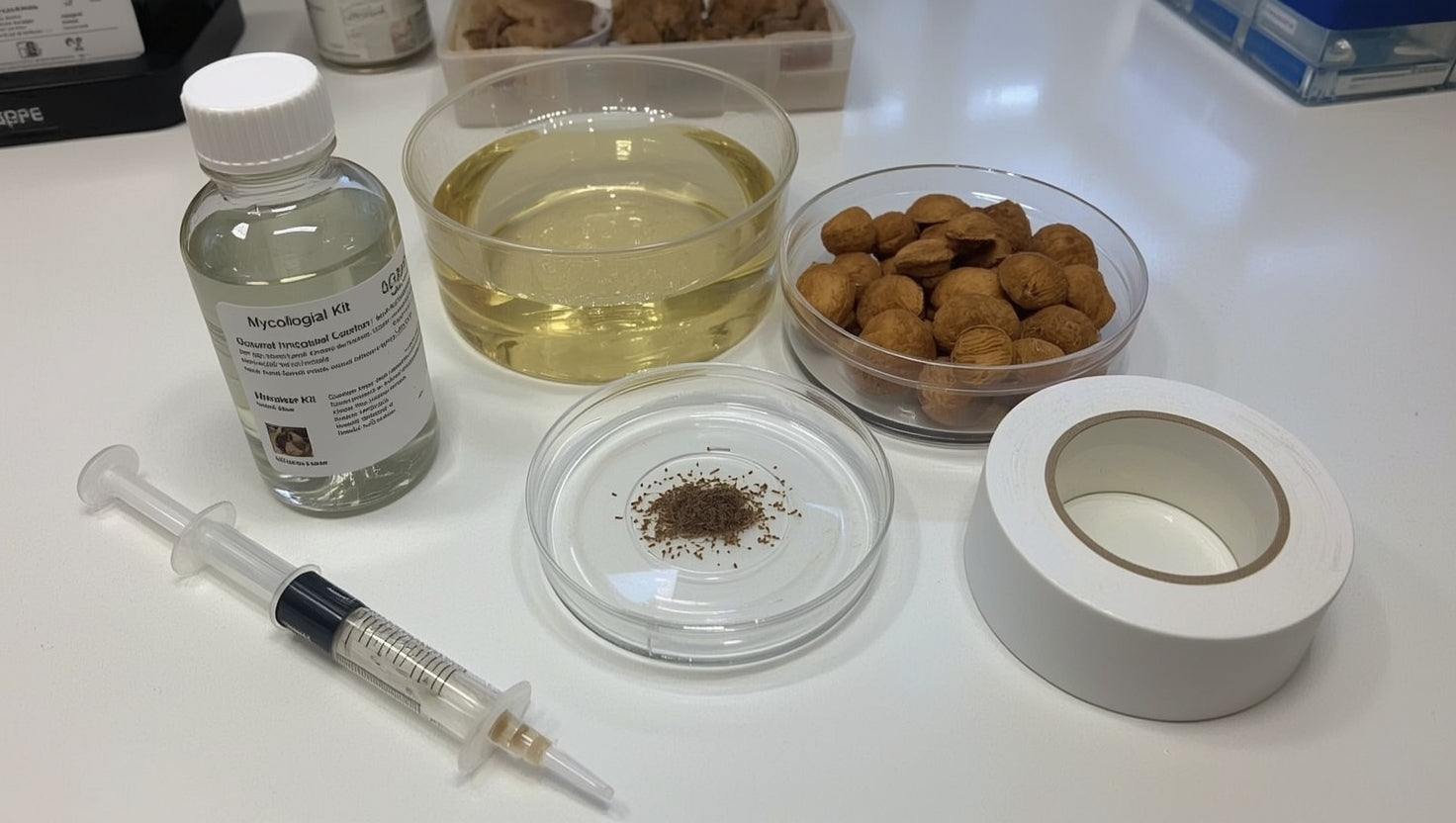
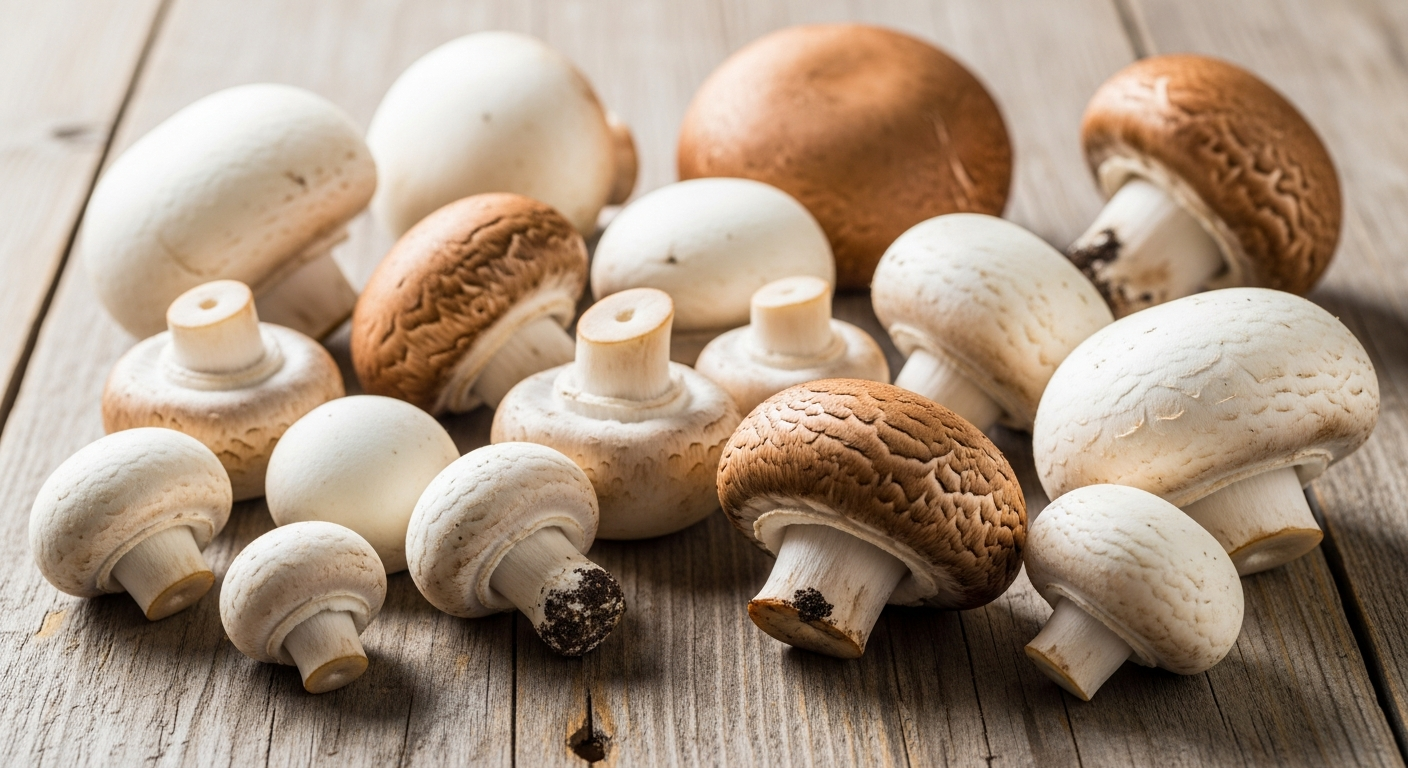
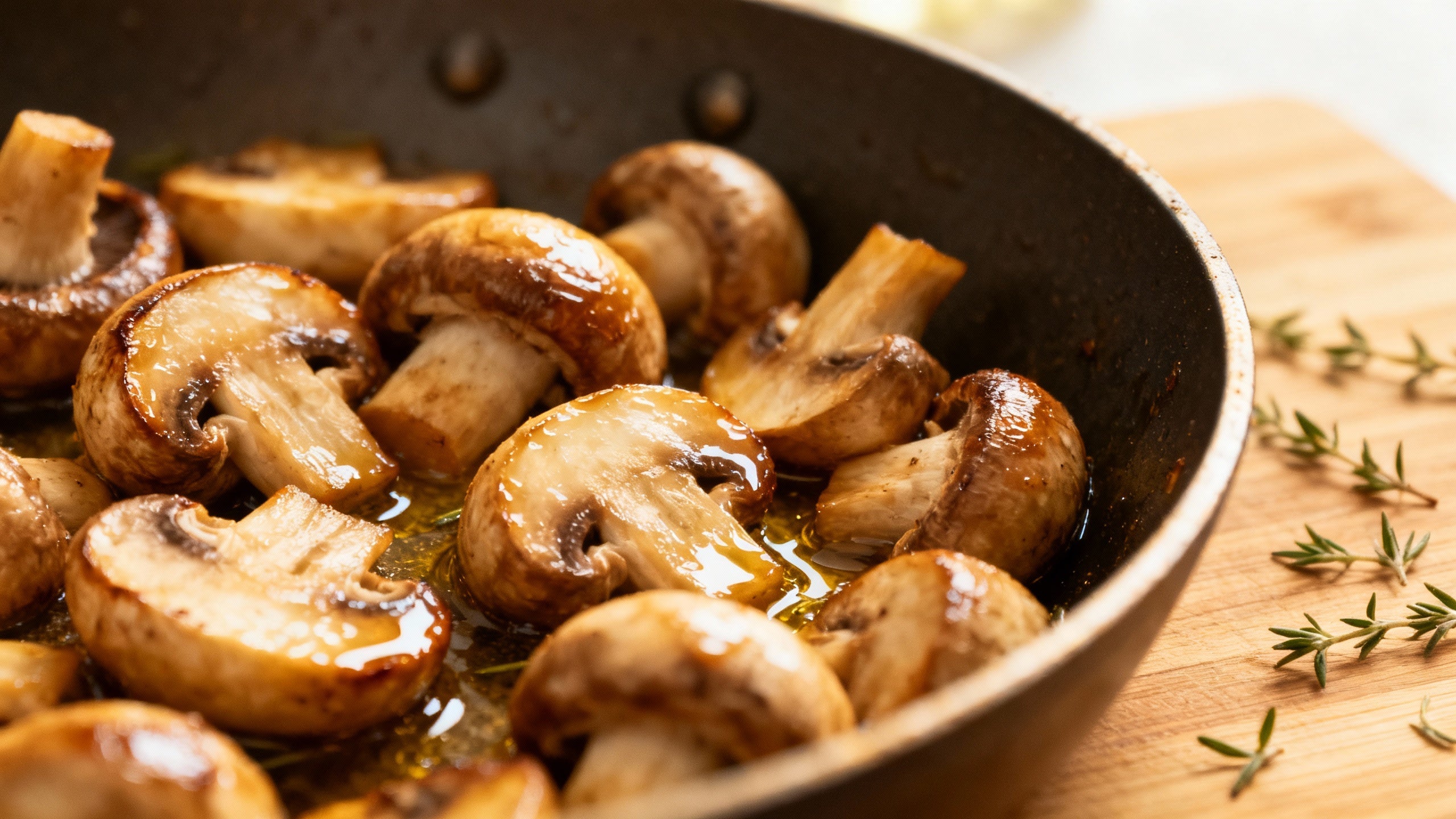
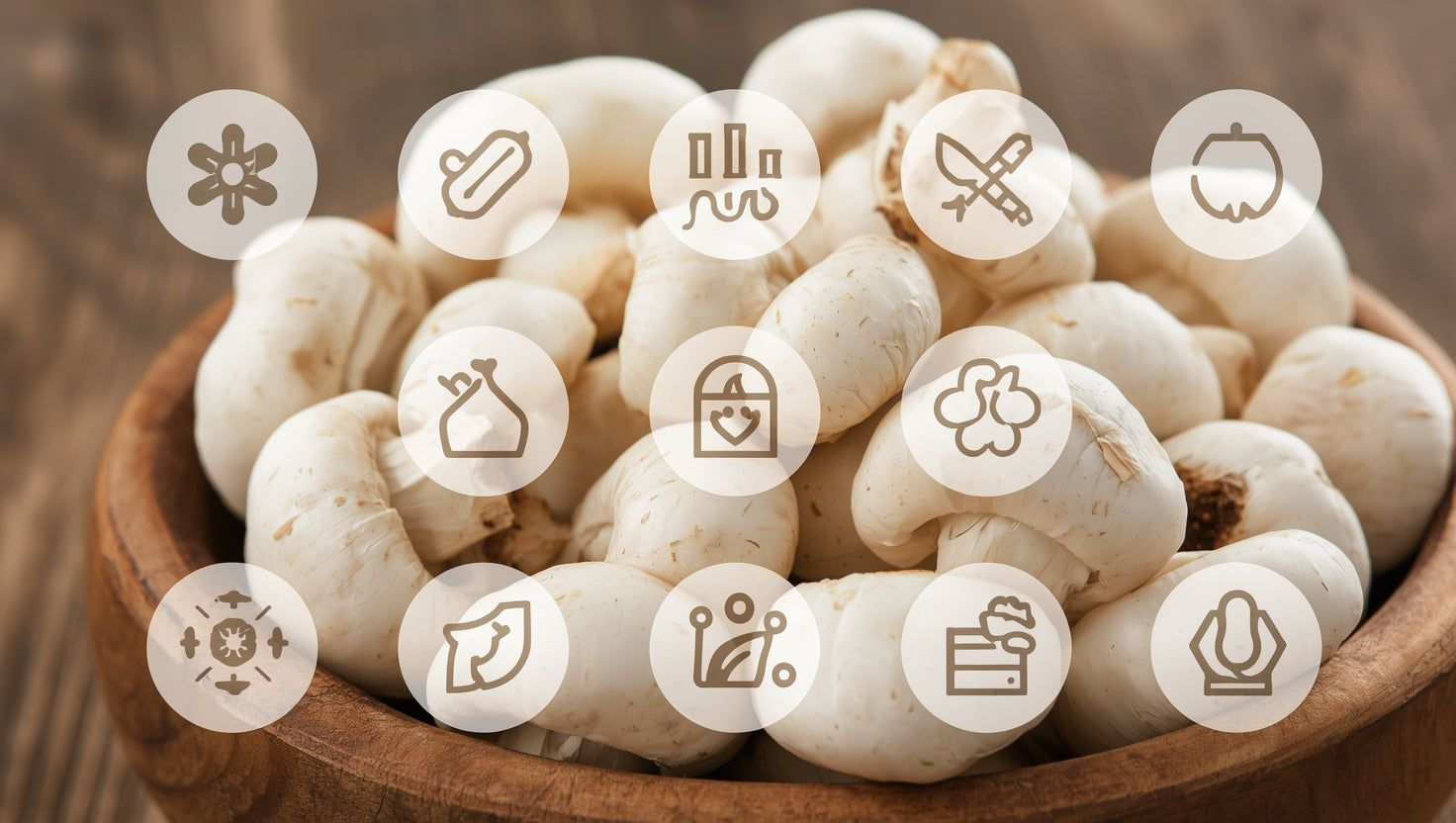
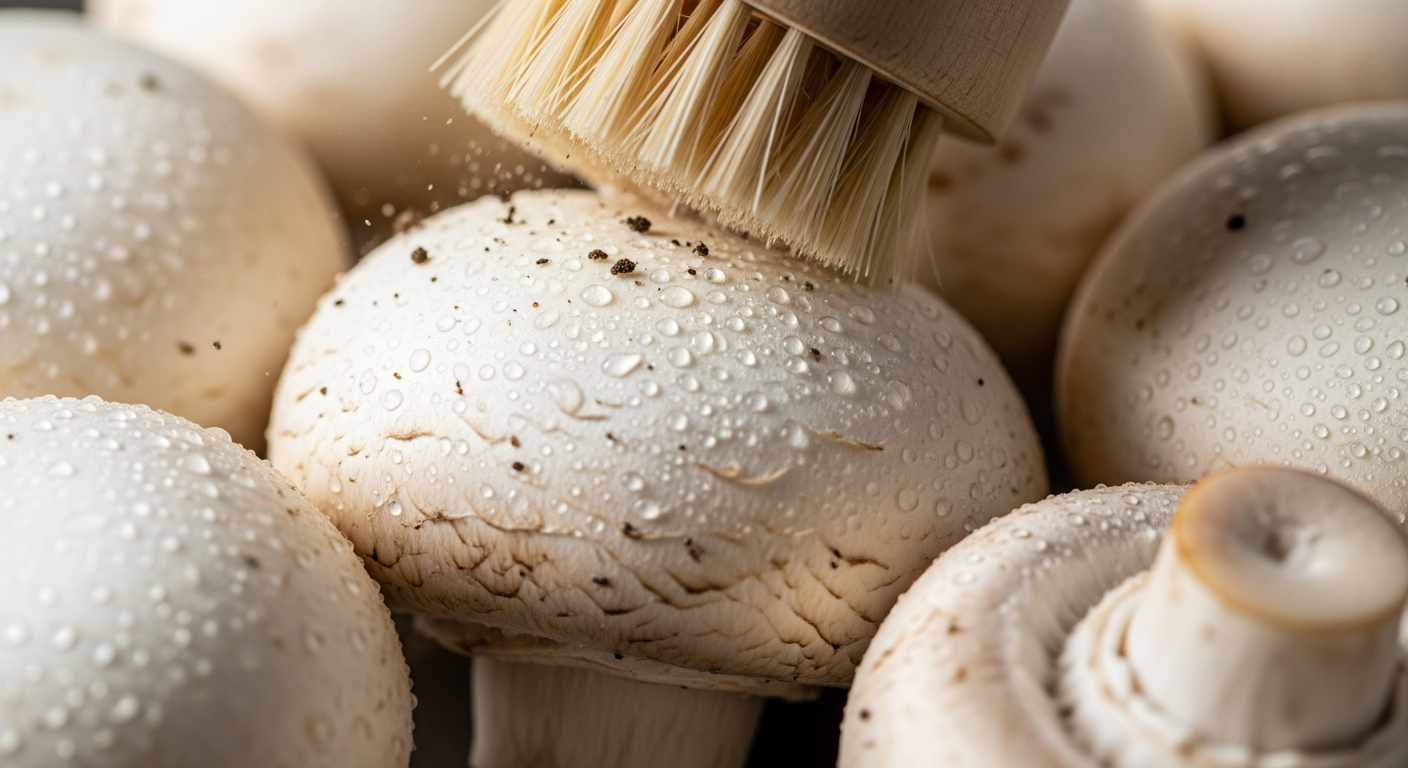
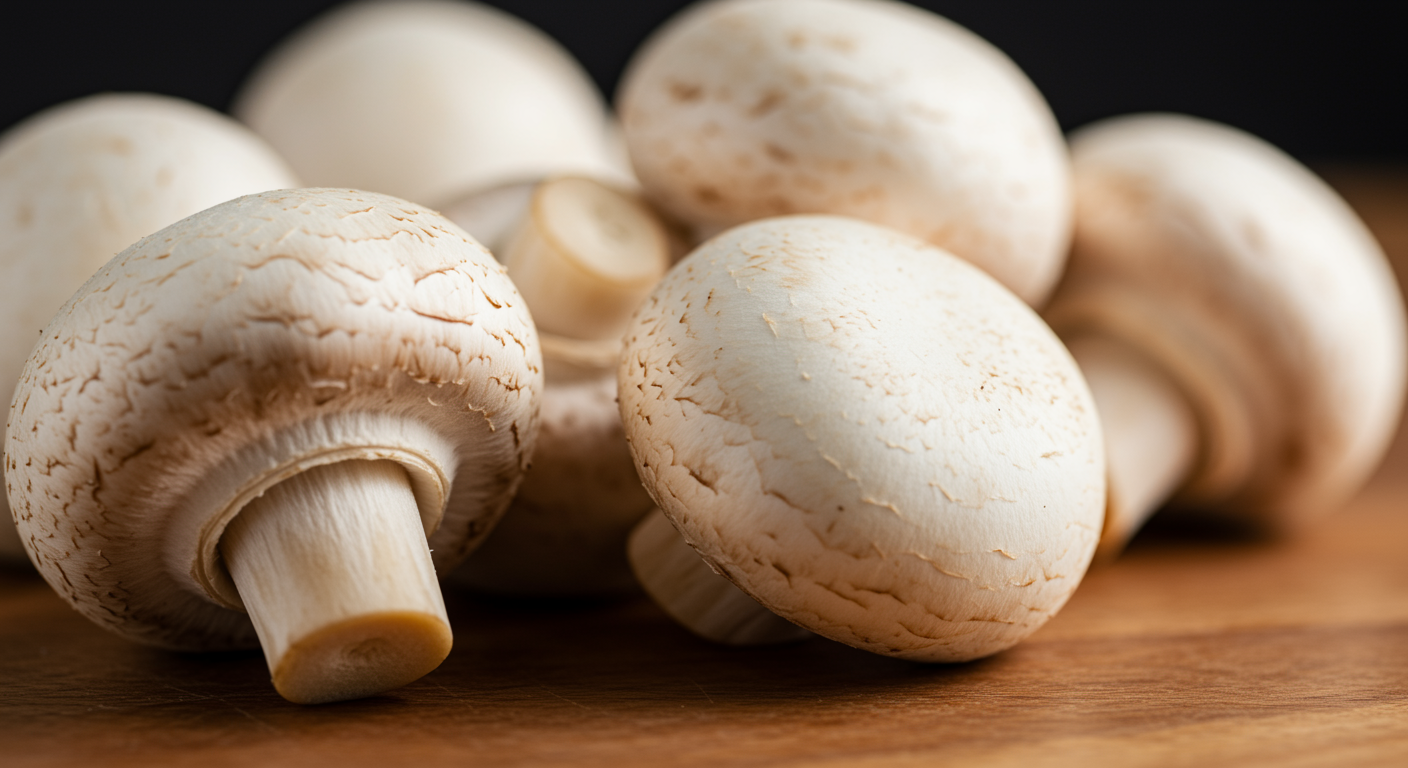
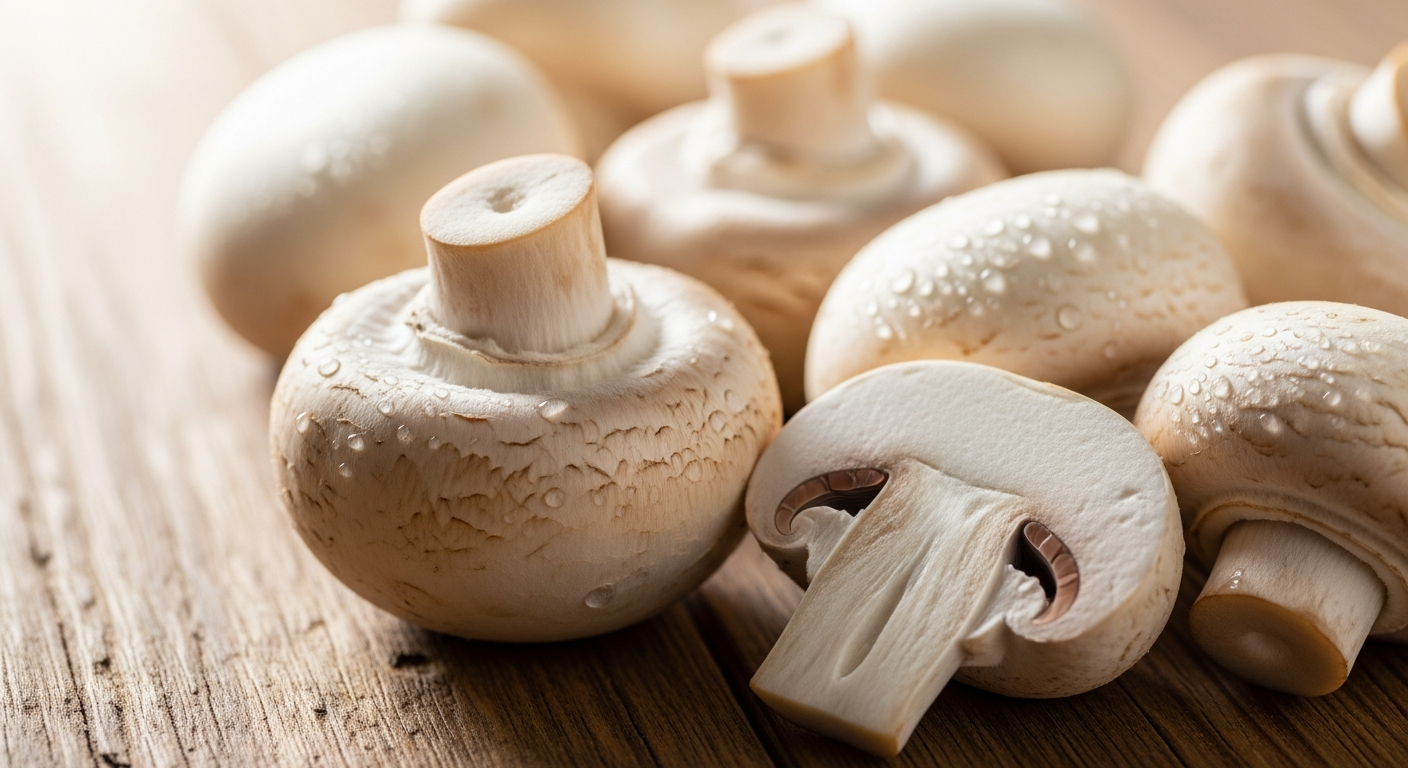
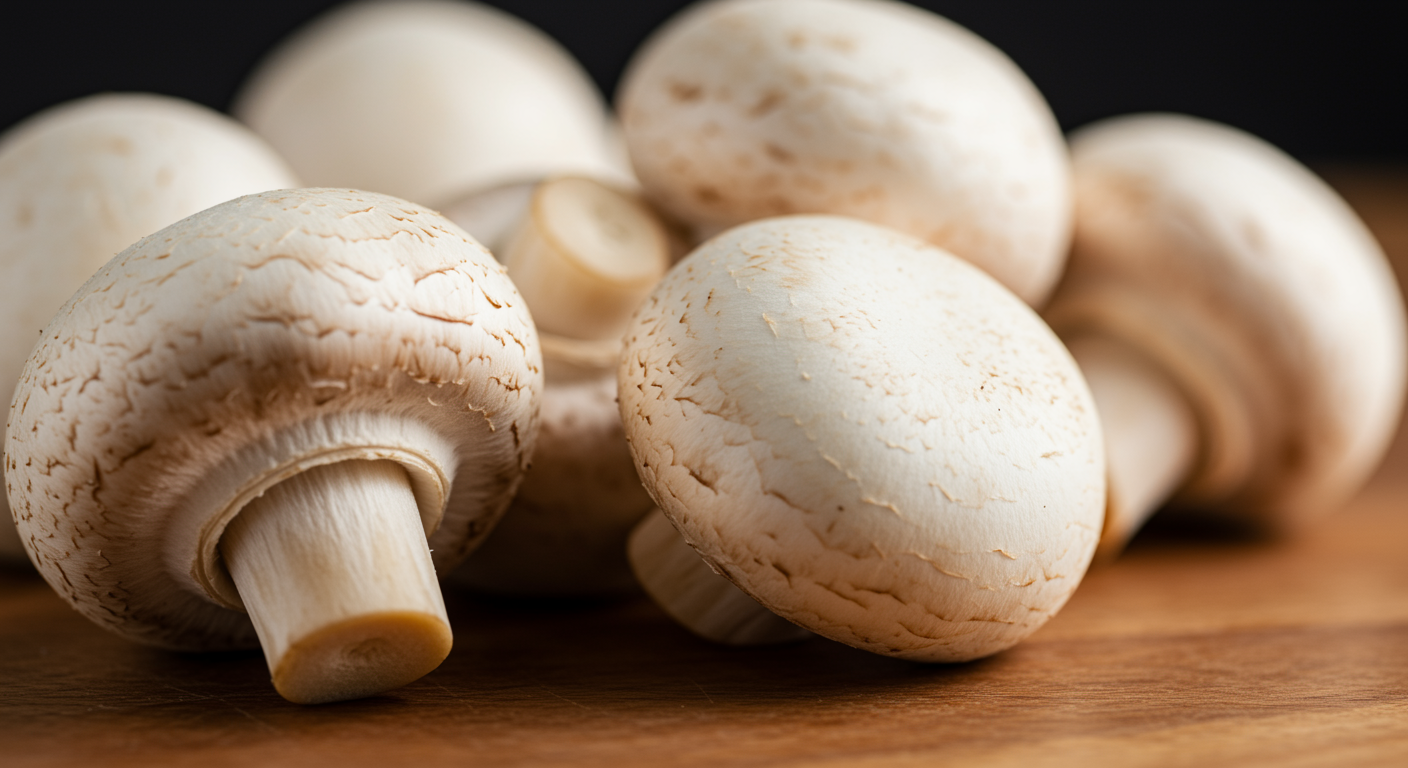
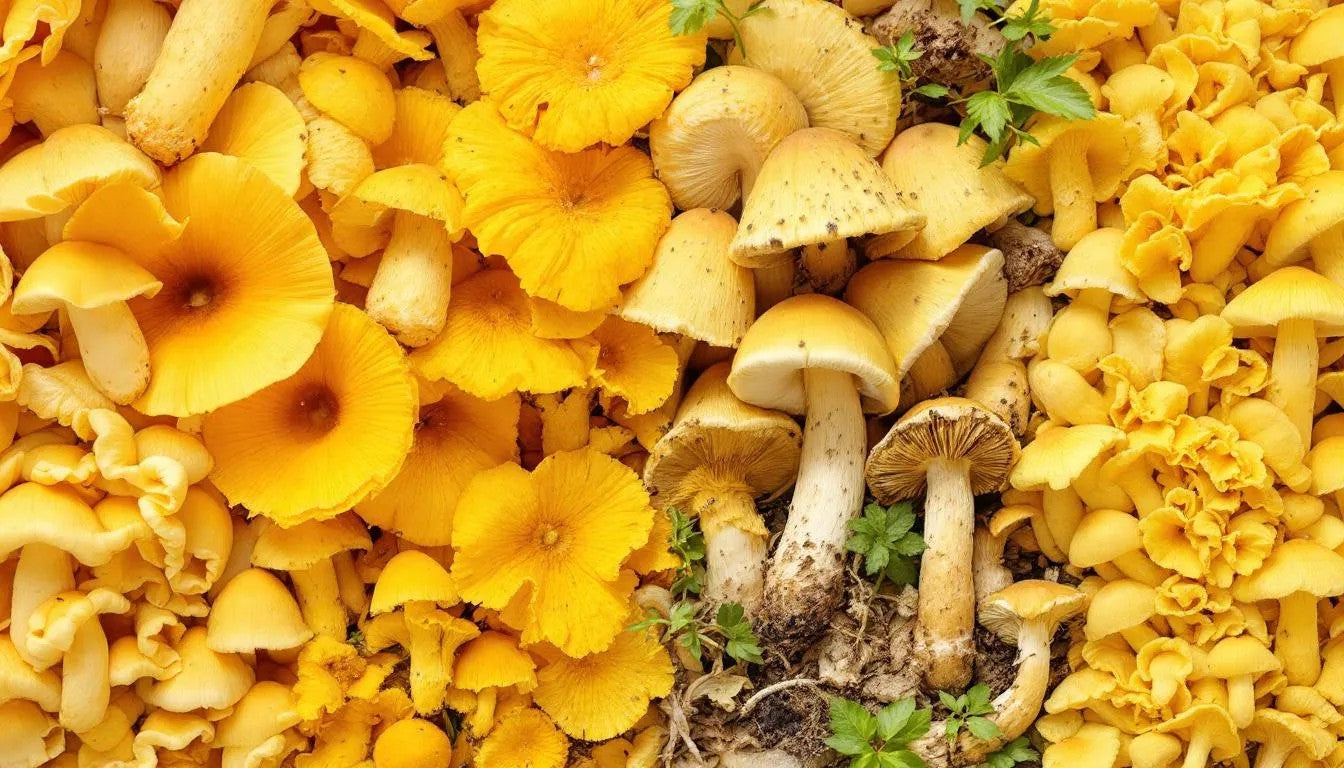

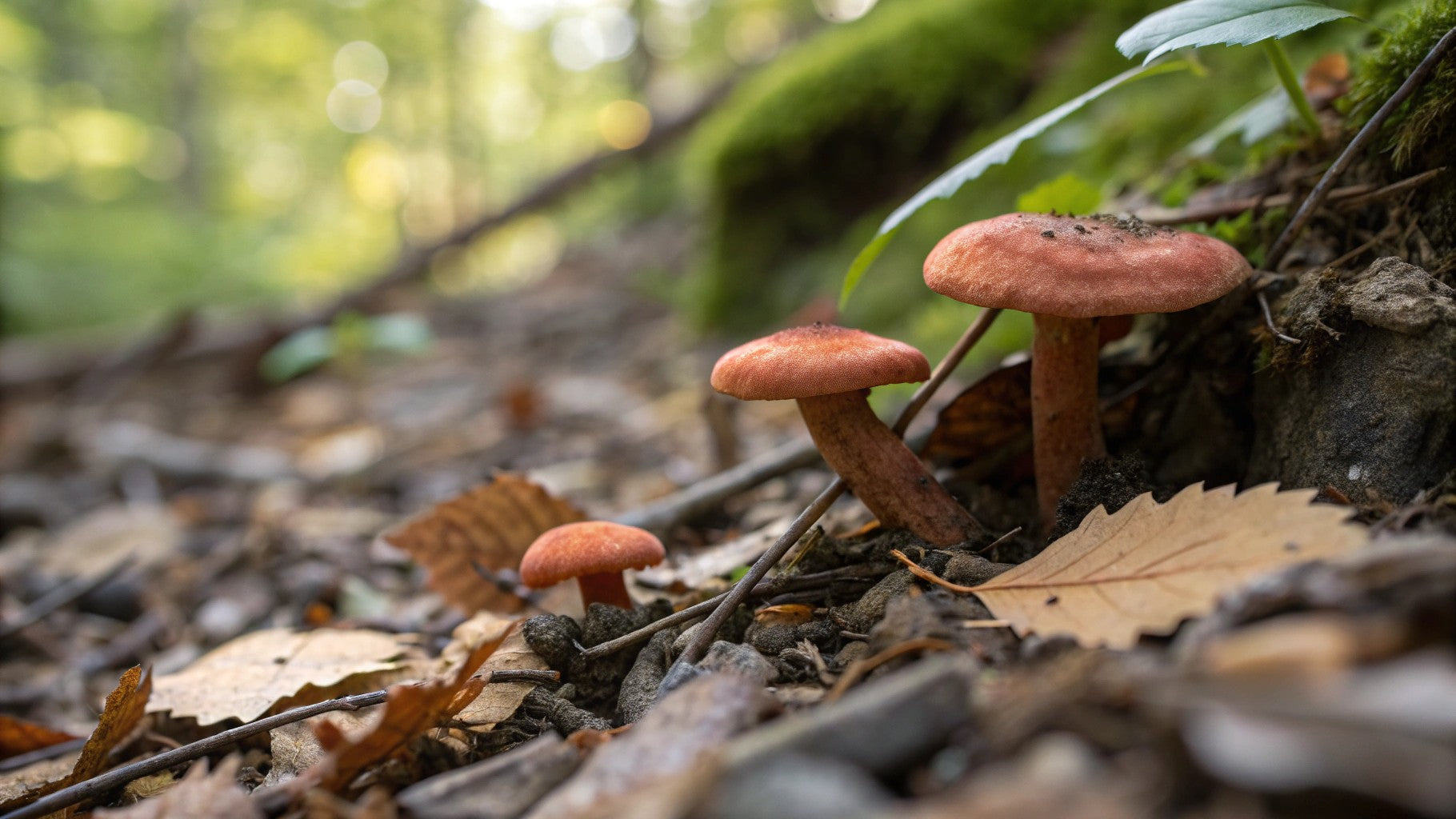
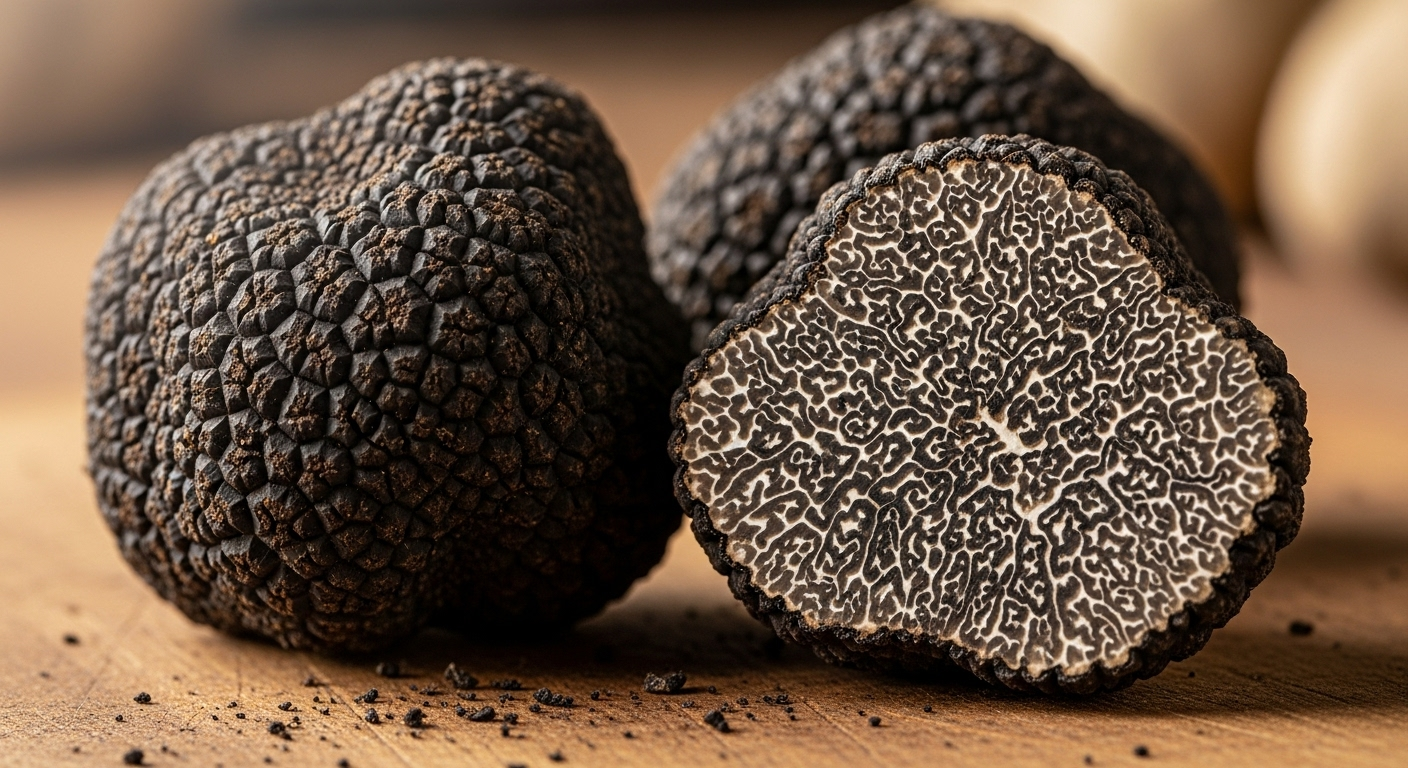
Share:
How to Prepare Turkey Tail Mushrooms: A Simple Step-by-Step Guide
Growing Turkey Tail Mushrooms at Home: A Step-by-Step Guide